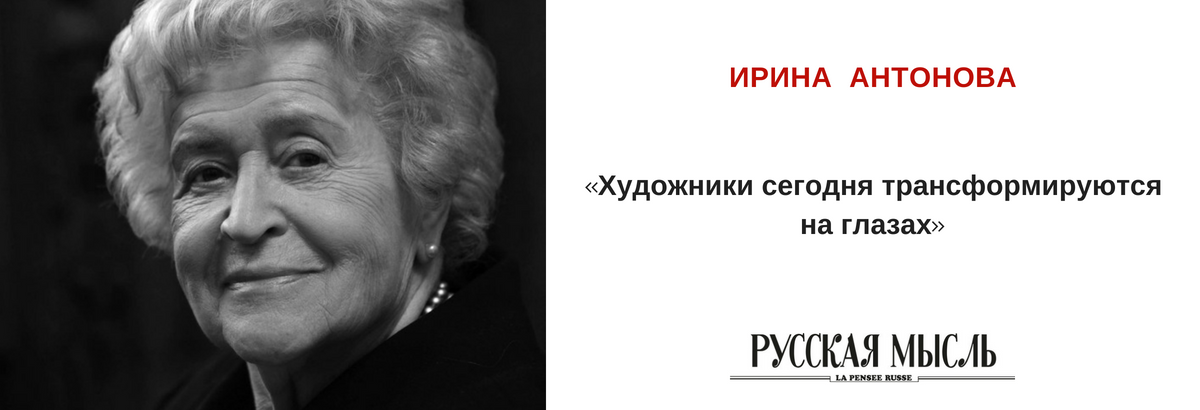Victor Loupan
One of the most iconic Italian poets Giacomo Leopardi (whose poems were translated into Russian by Anna Akhmatova) wrote a masterpiece of prose entitled Zimbaldone, which has not yet been translated into Russian or published in Russia. In biographical databases it is mistakenly referred to as ‘A Diary of Reflections’. Yes, it is a collection of thoughts and meditations, but the very word ‘zimbaldone’ means exactly ‘zabaglione’ – an Italian dessert that was created as far back as the sixteenth century by a great cook Bartolomeo Scappi. Zabaglione is a famous whipped egg yolk dish with addition of various other ingredients.
For Leopardi, reflection and lofty talks are a sort of metaphorical froth.
The humorous title that the author chose for his monumental masterpiece means a lot. For Zimbaldone consists of three thousand pages of brilliant prose where linguistics, study of language and literature, philosophy, politics, aesthetics, science, history, ethics, short notes, great reflections, ‘the art of being unhappy’, a theory of deriving pleasure, meditations on music and faith, metaphysics of nature, rationalism, praising of illusions, recollections, love, and boredom are all mixed up in a stream of thoughts.
Italians idolize their Leopardi because he – more than anybody else – is the embodiment of the deep essence of culture on the one hand and a playful attitude towards it on the other. His ‘zabaglione’, which is extremely involved yet very easy for ‘intellectual digestion’, tells a great deal about culture as an all-embracing concept without which life simply does not exist and cannot exist.
Italy is considered the birthplace of the European civilization that has nurtured all of us, in all its complexity and simplicity. The French call it ‘art de vivre’. What to call it in Russian? It will be ‘iskusstvo zhit’, that is, ‘the art of living’.




